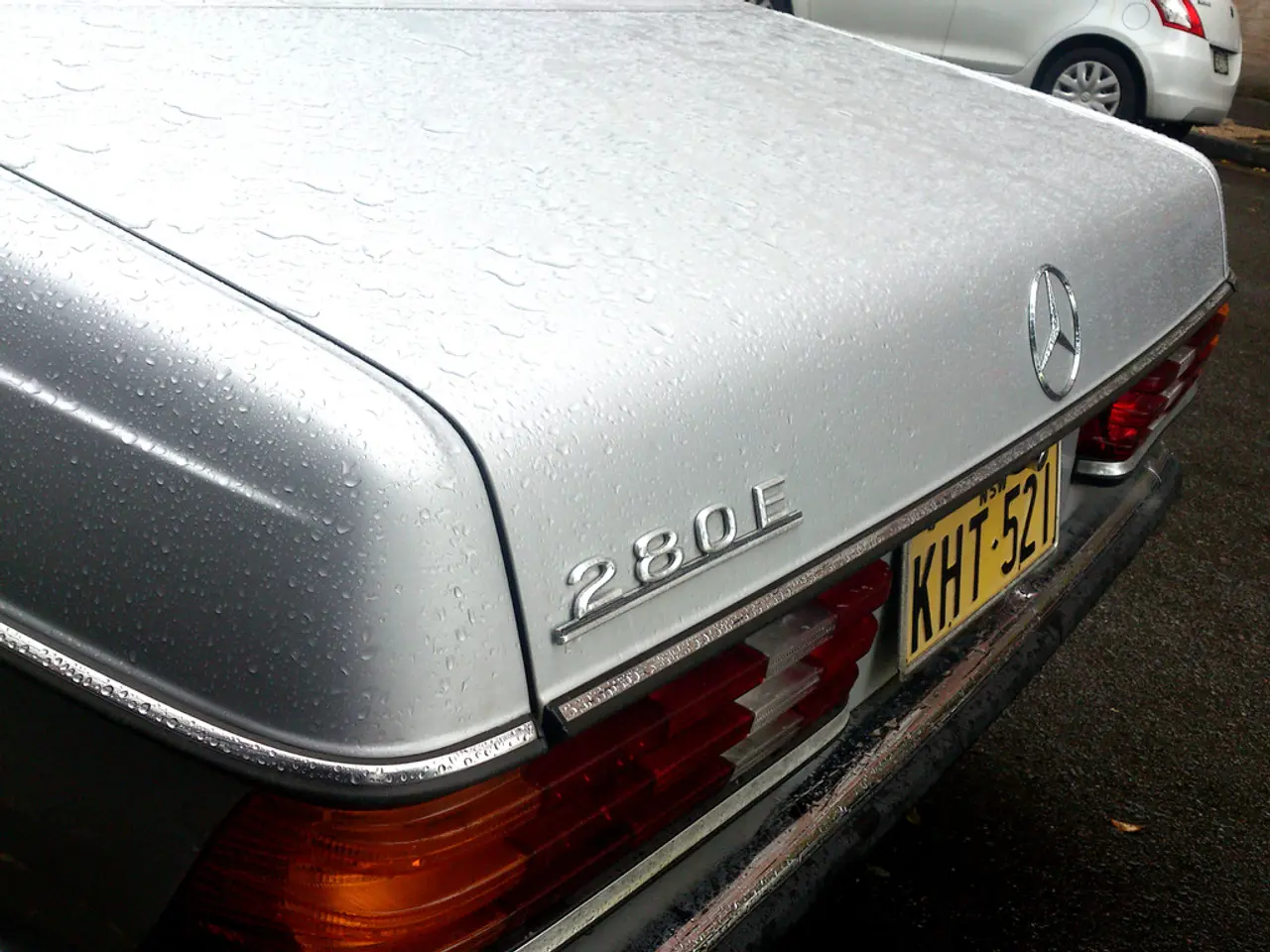Steadily Decreasing Market Dominance of German Auto Manufacturers Faced with Increasing Competition from China - Experts Issue Alerts
In a recent study, Strategy&, a consulting firm part of PwC, has highlighted the growing dominance of Chinese automotive suppliers in the global market. The study suggests that German automotive suppliers, in particular, are facing significant challenges.
Over the past decade, the global market share of German automotive suppliers has decreased from 26% to 23%. This decline is partly due to the losses of German car manufacturers, who have particularly lost ground in China. The main customers of German suppliers are European manufacturers, and their sales losses have had a considerable impact on the suppliers.
Chinese manufacturers, on the other hand, have been making strides in key areas such as batteries and software. They bring new products to market faster than their German counterparts and offer significant price advantages in these technologies to their customers. As a result, Chinese companies were the main beneficiaries of the growth in automotive supplier revenues over the past decade.
Chinese companies, which had no global market presence 20 years ago, have increased their share from 5% to 12% over the same period. Two Chinese companies, BYD and Geely, have achieved the largest share in the market development of automotive suppliers in the last ten years, with their market capitalizations increasing more than fourfold during this period.
Despite these challenges, the study authors believe that the German automotive industry can grow from these challenges. Henning Rennert, one of the authors, suggests that domestic companies should not only accelerate development and production but also undergo a fundamental change in thinking. The recommendation is for German companies to explore new technology fields instead of focusing on further improving existing products.
The German automotive industry has a history of overcoming crises and growing. The industry experienced a severe crisis in the 1990s but managed to bounce back and grow. The pressure is high on the industry, but the authors of the study remain optimistic about its future.
It's worth noting that local Chinese manufacturers predominantly source parts from Chinese suppliers. Suppliers play a crucial role in the competitiveness of the automotive industry, as they not only manufacture parts but are also significantly involved in innovations.
The global revenues of the ten largest car companies stagnated last year, while automotive suppliers slightly increased their global revenues from 1.14 to 1.15 trillion euros last year. This indicates that while the German automotive industry is facing challenges, the overall automotive market is still growing.
In conclusion, the study highlights the growing dominance of Chinese automotive suppliers and the challenges faced by the German automotive industry. However, it also offers hope for the future, suggesting that with a change in thinking and a focus on new technology fields, German companies can grow and compete in the global market.
Read also:
- Peptide YY (PYY): Exploring its Role in Appetite Suppression, Intestinal Health, and Cognitive Links
- Toddler Health: Rotavirus Signs, Origins, and Potential Complications
- Digestive issues and heart discomfort: Root causes and associated health conditions
- House Infernos: Deadly Hazards Surpassing the Flames








